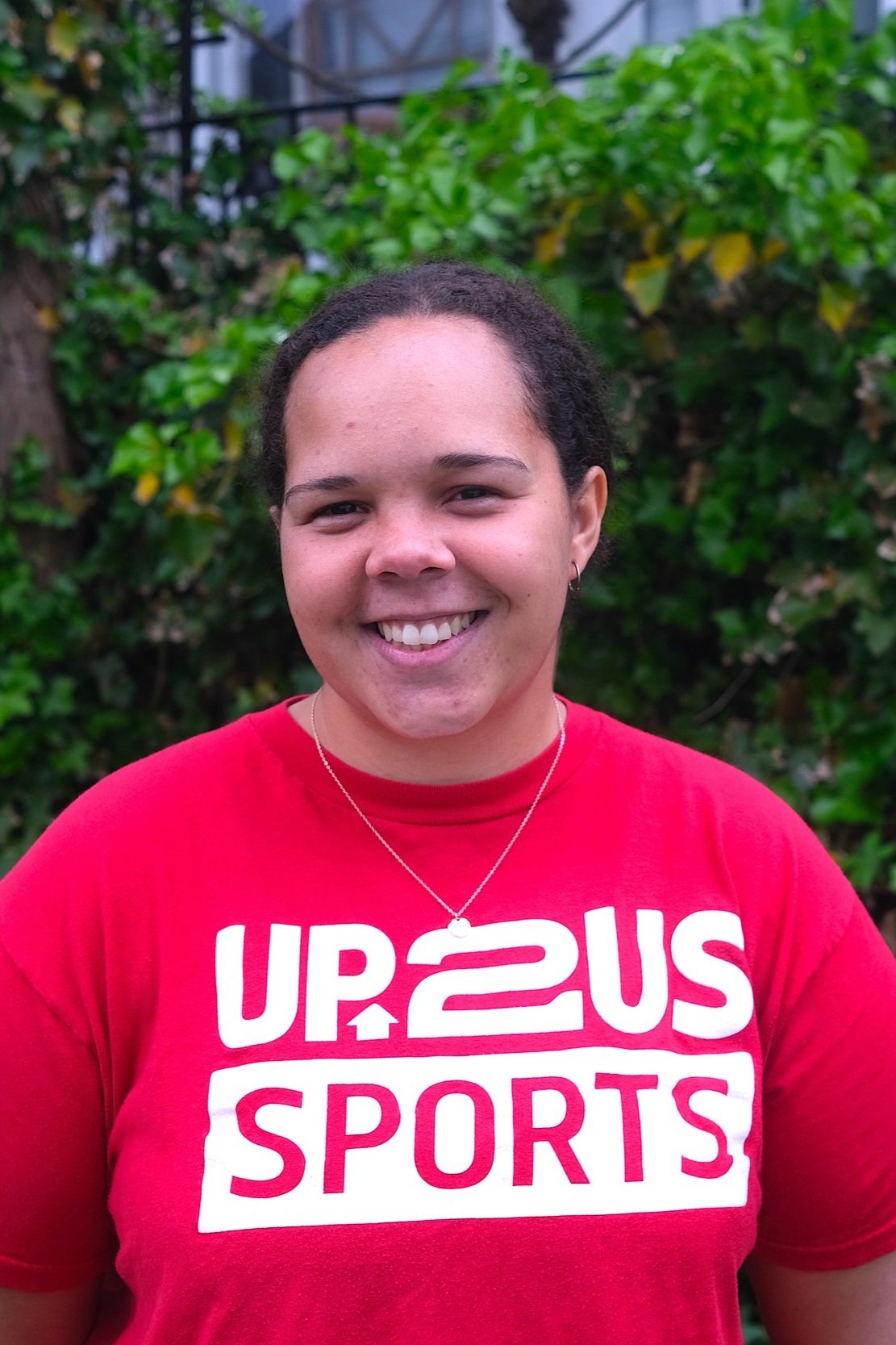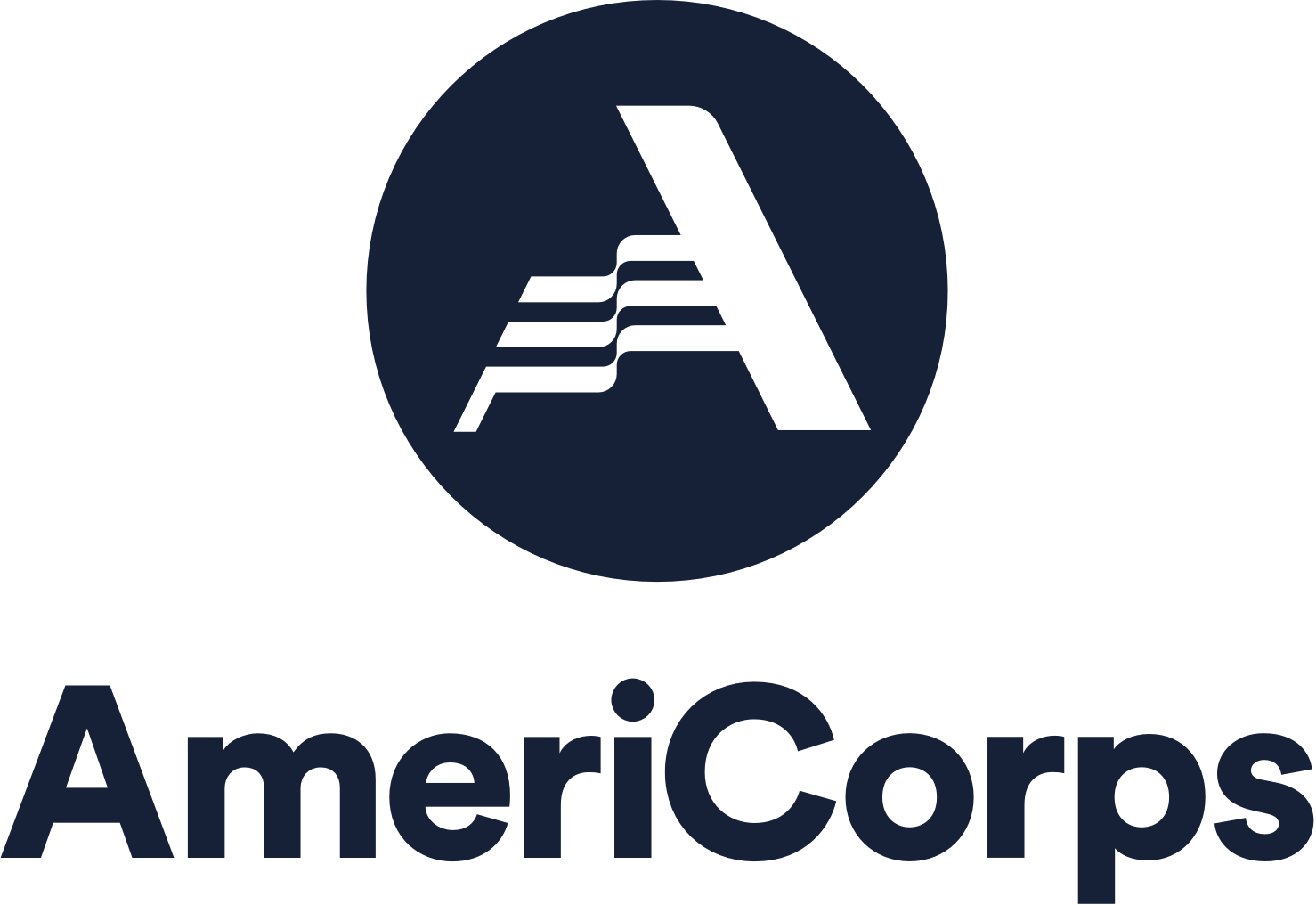Originally posted on VoyageBaltimore. com on August 19, 2024 in the Local Stories category under the title, “Hidden Gems: Meet Samantha Griffin of Up2Us Sports.”
Samantha joined the Up2Us Sports team as a Training Manager in May 2022 .
Today we’d like to introduce you to Samantha Griffin
Hi Samantha, we’re thrilled to have a chance to learn your story today. So, before we get into specifics, maybe you can briefly walk us through how you got to where you are today?
I’ve always wanted to be a coach. I was a pretty quiet kid and sports quickly became the place where I felt most confident and comfortable. I grew up watching my dad and uncle coach and got to be coached by them as well. I would go to my uncle’s high school basketball practices whenever he would let me and my brother, and we saw him coach in many playoff games, and championships. It was always so cool to see his team play. We would make fun of him in the stands when he got his “coach face” on – something I’ve been told I’ve inherited. During high school, I started to find opportunities to coach whenever I had time outside my busy sports schedule. Whenever I’d see our high school athletic director, I’d always tell him that I’ll be back to coach after college and that he better be ready for me. Bringing a championship to my school became a big long-term goal of mine. I continued following my passion for sports and coaching in college, where I had the amazing opportunity to work with the University of Maryland’s women’s basketball team. I loved taking in every minute, and watching head coach Brenda Frese motivate her teams. As a lifelong Terp fan, being able to learn from a program and a coach that I grew up idolizing was such a surreal feeling. I graduated in 2020 right during the pandemic and immediately dove into my accelerated Master’s in Public Health program. During grad school, I was able to bring my high school dream to fruition and was hired to coach at my high school alma mater in 2021. I am now gearing up for my 4th season coaching there, where I currently coach Varsity field hockey and assist with Varsity basketball. Ultimately, my love for coaching led me to my current role at Up2Us Sports, where I get to help others passionate about coaching build positive sports programs that help bring kids the same joy I have always felt in sports.
Can you talk to us a bit about the challenges and lessons you’ve learned along the way. Looking back would you say it’s been easy or smooth in retrospect?
I don’t think any journey is without struggles. The summer before my sophomore year in college my uncle lost his battle with cancer. This was really hard for my family and something that still feels unreal at times. This past winter our basketball team won the regional championship, accomplishing the goal that I set back in high school. I was so ecstatic and proud of the team, but I cried on my drive home after the game because I wished I could call my uncle and tell him. I felt like our shared passion for coaching tied us together, and sometimes it’s tough knowing that I can’t share my accomplishments with him. Even though my family still feels that loss every day, I hold on to all the good memories and everything he taught me. Later this fall, my uncle will be one of the coaches inducted into his former school’s Hall of Fame. I can’t wait to celebrate his legacy and continue to strive to make an impact on every player I come in contact with just like him.
Thanks – so what else should our readers know about Up2Us Sports?
Up2Us Sports aims to transform communities through sports. We believe a coach can be a powerful, positive influence in a child’s life. Through our National Coach Program, we recruit, train, and place coaches in schools, nonprofits, and other youth-serving community-based organizations. One of the things that sets us apart from other service programs is that 64% of coaches come from the communities they serve. As a training manager, I facilitate our training curriculum for coaches. We focus on teaching social-emotional learning and sports-based youth development techniques that help kids translate sports skills into life skills. Our training content is unique as it is rooted in brain development and trauma-informed research to help coaches understand the impact of trauma on behavior. Since many of our coaches work with kids who have experienced trauma or adverse childhood experiences, this is a crucial component of our curriculum that emphasizes that behavior is a skill everyone can learn. A lot of my work is in Baltimore. In addition to working with the amazing program staff, host sites, and coaches within our coach program, I’ve also had the opportunity to collaborate with and support other organizations doing great youth development work in the city. Last year we partnered with Volo Kids Baltimore, an organization that provides free sports clinics for kids, to develop a Coach Training Institute. New and returning Volo Kids staff, as well as their community partners, were able to attend a series of free training courses on trauma-informed coaching. Recently, we also worked with Baltimore City Middle School Athletics to provide a professional development day focused on building relationships and positive culture within their sports programs. I take a lot of pride in leading our training and creating a space for coaches to share their triumphs and challenges with each other. We are always eager to collaborate with organizations in Baltimore so anyone should reach out if interested in learning more about how we can support their program!
What has been the most important lesson you’ve learned along your journey?
The most important lesson along my journey has been the importance of self-care and self-compassion. After each training session, we leave time for reflection, and one of the things that always comes up in conversation is how coaches can manage their stress. As a coach, you put your heart and soul into your work, which is exhausting at times. It can be easy to feel the weight of your team on your shoulders and criticize yourself. One of the self-care techniques we teach our coaches is to be your own coach. This technique is something I continually have to practice. If a player on my team makes a mistake, I don’t criticize them. Instead, I encourage them to keep going and try again. I’ve had to learn to treat myself with this same level of compassion. If something doesn’t go right during a practice or game, I need to treat myself with the same kindness I train our coaches to use.
Contact Info:
Website: https://www.up2us.org/
Instagram: https://www.instagram.com/up2ussports/












